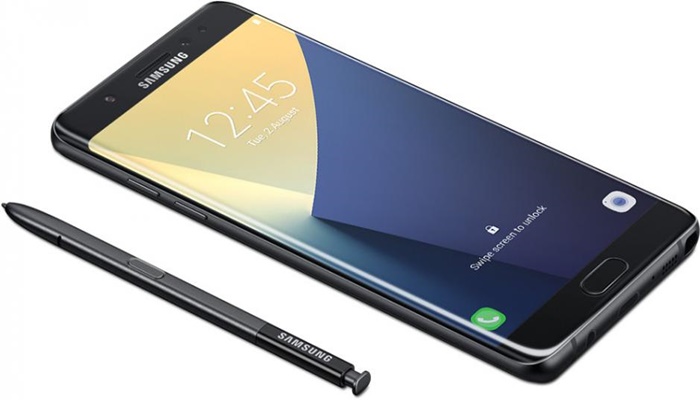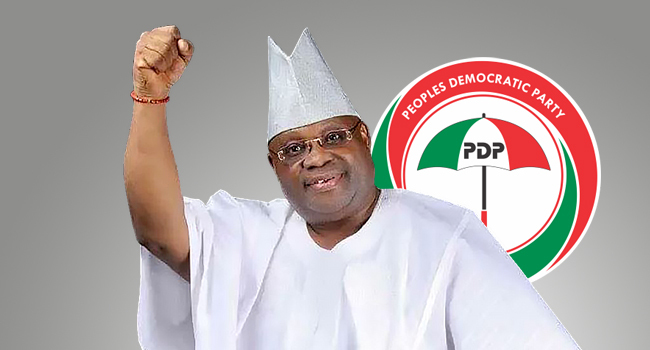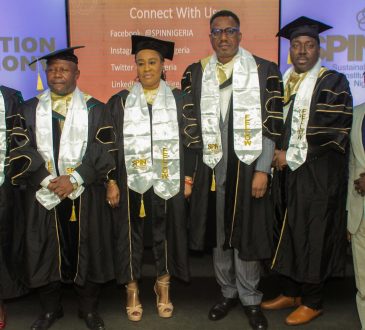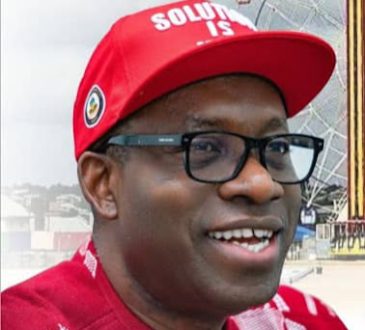Samsung investigation blames battery size for Galaxy Note 7 fires

An investigation into the cause of faulty batteries that led Samsung to pull all of its Galaxy Note 7 smartphones last year found that some batteries were irregularly sized, causing overheating, while others had manufacturing problems, according to people familiar with the matter.
The conclusion, which will be unveiled by Samsung on Monday, helps to explain the technology giant’s product recall that damaged its brand and will end up costing the company at least $US5 billion ($6.65bn).
Samsung, the world’s largest smartphone maker by shipments, conducted the investigation with three quality-control and supply-chain analysis firms that it hired to help it in its independent investigation. Samsung recalled all of its 2.5 million Galaxy Note 7 smartphones last fall after consumer complaints that the phones caught fire, leading a U.S. regulator to ban the use of the device on aeroplanes.
The Galaxy Note 7, which Samsung began selling in August, carried batteries supplied either by Samsung SDI Co., an affiliate, or Hong Kong-based Amperex Technology Ltd., which produces them at a factory in China. Initially, Samsung officials believed the problem was confined to batteries made by the Samsung affiliate, and recalled those devices while ramping up production of smartphones carrying the Chinese batteries to replace the recalled phones.
But continued reports of overheating replacement phones forced Samsung to issue a second recall in early October, pulling the plug entirely on the premium devices.
Samsung’s report on Monday will conclude that the issue with the batteries from Samsung SDI was an irregularly sized battery that didn’t fit properly in the phone, according to the people, who said that the incongruence caused the overheating. In the Galaxy Note 7 phones carrying batteries made by ATL, the flaw centres on a manufacturing issue resulting from the quick ramp-up in production of replacement phones, these people said. It wasn’t clear what the manufacturing issues were.
ATL and Samsung SDI declined to comment.
During its third-quarter earnings announcement in October, Samsung SDI told investors that it would examine and update its processes for battery development, manufacturing and evaluation.
Samsung executives met with government officials in Washington, DC, this week to discuss the findings, these people said. The officials responded positively to Samsung’s presentation.
To address regulators’ concerns about how Samsung would avoid any future battery problems, the company has created an eight-step process that includes more testing, inspections and manufacturing-quality assurances, among other measures, some of the people said.
Samsung’s internal Note 7 investigation team enlisted engineers and senior executives, according to some of the people. The outside firms hired to produce independent reviews were US-based companies UL LLC and Exponent, which examined the batteries, while a German firm, TUV Rheinland, analysed supply-chain issues.
Samsung has said 96 per cent of the Galaxy Note 7 phones in the US have been returned. The U.S. Federal Aviation Administration earlier this month lifted the requirement that airlines warn passengers against bringing Galaxy Note 7 devices onto aeroplanes. Taking the device on an aircraft, however, remains prohibited.
Before the overheating issues surfaced, the Galaxy Note 7 had received largely positive reviews and was off to a strong start. While the recall has been costly, Samsung has been able to weather the impact thanks to booming sales of components such as semiconductors and display panels.
The company’s earnings report, due Tuesday, is set to show the biggest quarter of profits in more than three years.
The Suwon, South Korea-based firm is also grappling with a scandal back home. The conglomerate’s de factor leader, Lee Jae-yong, who is vice chairman of Samsung Electronics is facing allegations from prosecutors of bribery, embezzlement and perjury related to the nation’s influence-peddling scandal. He has denied any wrongdoing.
Source: The Wall Street Journal






